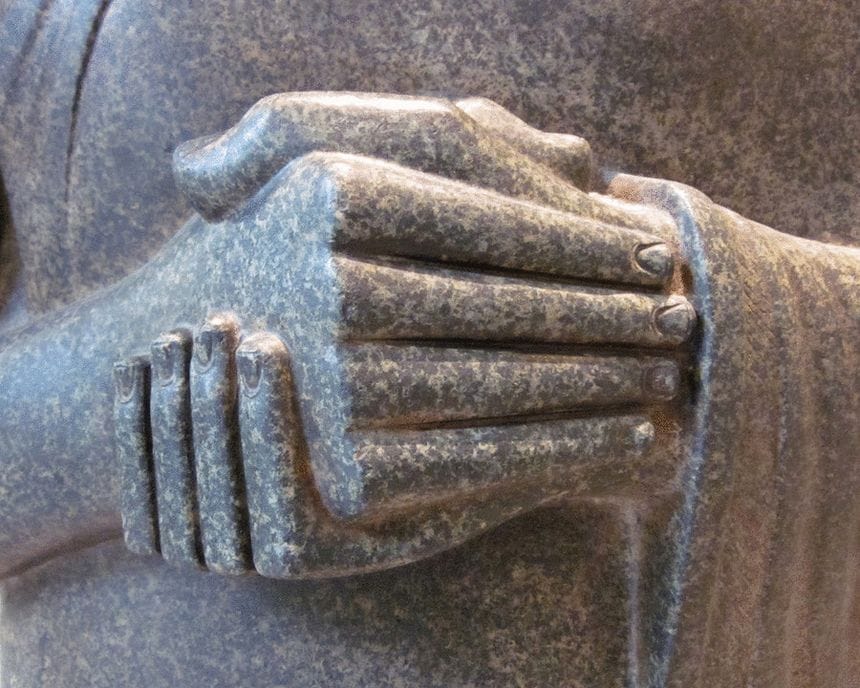The Paradox of Human Capability: Intelligence Over Brawn

Humans, often hailed as the apex of evolutionary intelligence, embody a curious paradox. Despite not being the strongest or fastest species on the planet, we have carved a niche for ourselves as the planet's most dominant species. This begs the question: Why were humans, the most intelligent creatures on Earth, not born more physically capable?
Intelligence and Physical Adaptations: The Human Edge
Contrary to the notion that humans lack physical prowess, our species is endowed with a unique set of capabilities that have enabled us to overcome the brute strength of our fellow creatures. Our journey began in the Rift Valley, where our ancestors honed their survival skills amidst fierce competition. Here, humans developed several physical and cognitive traits that set them apart from the rest of the animal kingdom.
Mastery of Tools and Weapons
Humans possess an unparalleled ability to throw objects with precision—a skill that proved instrumental in our rise as formidable hunter-predators. While we may not match the raw strength of other apes, our adeptness with tools like rocks and spears has allowed us to hunt and defend ourselves effectively. This ability to project power at a distance is a critical trade-off that has favored brain over brawn.
Endurance and Resilience
Among the animal kingdom, humans are renowned for their endurance, particularly in long-distance running. This stamina, combined with efficient cooling systems provided by our sweat glands, enables humans to pursue prey relentlessly across vast distances. The saying goes, if a pack of humans has marked you for death, survival is a grim prospect, especially if you're the local apex predator.
Sensory Acuity
Our sensory abilities are nothing short of extraordinary. Humans boast the best daytime vision among mammals, capable of seeing in vibrant color. Our hearing is finely tuned, allowing us to detect the slightest delays in sounds and determine their direction and distance with remarkable accuracy.
Social Cohesion and Cultural Legacy
One of the defining traits of humanity is our social nature. Unlike many species that thrive in solitude, humans are inherently communal. We hunt in groups, share knowledge, and support one another in ways that amplify our collective strength. This social structure is underpinned by our ability to create stories and myths, fostering cooperation across generations and geographies.
Culinary Flexibility
Humans also display an impressive dietary flexibility. We possess one of the most acidic stomachs in the animal kingdom, allowing us to digest a wide range of foods. Additionally, the evolutionary development of lactose tolerance has provided many of us with a continuous source of nutrition from dairy products well into adulthood.
Conclusion: A Unique Blend of Traits
The peculiar assortment of human adaptations is a testament to the complexity of evolution. While we may not exhibit the singular physical strengths seen in other species, our combination of intellectual prowess, social structures, and physiological adaptations has positioned us as a uniquely capable species. In the grand narrative of life on Earth, humans have demonstrated that strength and speed are not the sole determinants of survival and dominance. Our legacy, woven through the tales we tell and the knowledge we pass down, ensures that the human imprint on this world will endure long into the future.
Appreciate us by becoming a paid subscriber and enjoy premium content.
Recommended Readings
- Are Traditional Wives Truly Happier?
- Dating Red Flags for Teenagers
- Four Love Styles That Strengthen Relationships
- How Trust Shapes Relationships - New!
- How do narcissists handle challenges in their relationships? - New!
- How to End a Relationship Properly and Respectfully
- How to Handle Disagreements in Friendships and Stay Healthy - New!
- Is Heartfelt Rejection Worse Than Heartfelt Regret?
- Shedding Light on Teen Dating Violence!
- Signs of Intimate Partner Violence: Bruises, Injuries, and Scars
- The 5 Stages of a Breakup
- The 5 Types of Unrequited Love
- The Best Advice for Singles to Meet Someone
- The Best Way to Drive Men Wild: Keep Talking and Keep Laughing
- The Connection Between Love, Happiness, and Optimal Health
- The Key Quality a Partner Should Have
- The Number 1 Challenge of Being Single
- The Remarkable Impact of Partner Touch on Relationships and Well-Being
- The Study of Strong and Successful Relationships
- Tips to Preserve Your Best Memories
- Ways to Love (and Stay Attracted to) Your Partner Over Time
- What People Don't Understand About Each Other
- What to Do When Your Worst Breakup Keeps Haunting You
- When She Just Wants to Cuddle and He Wants More


